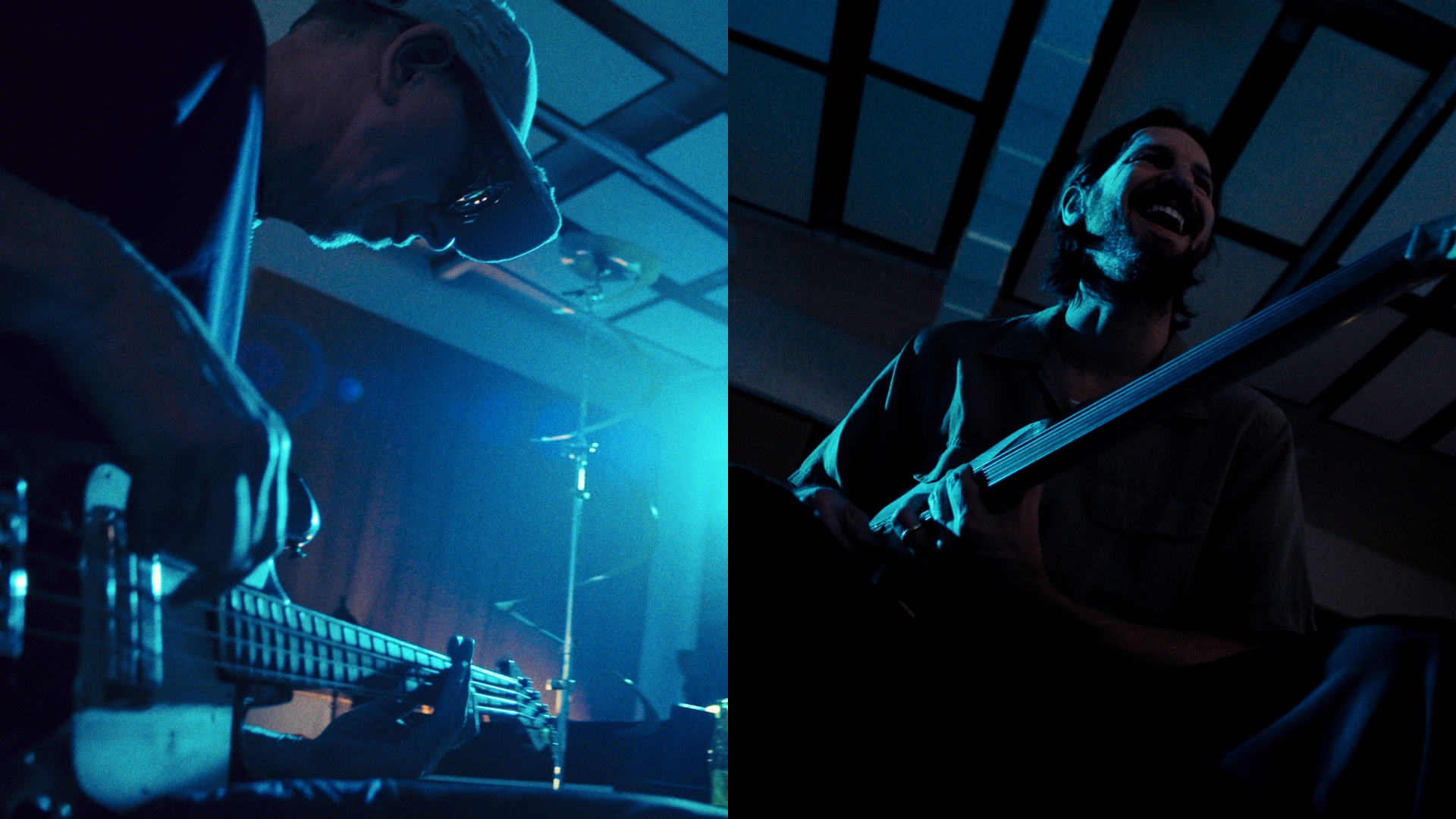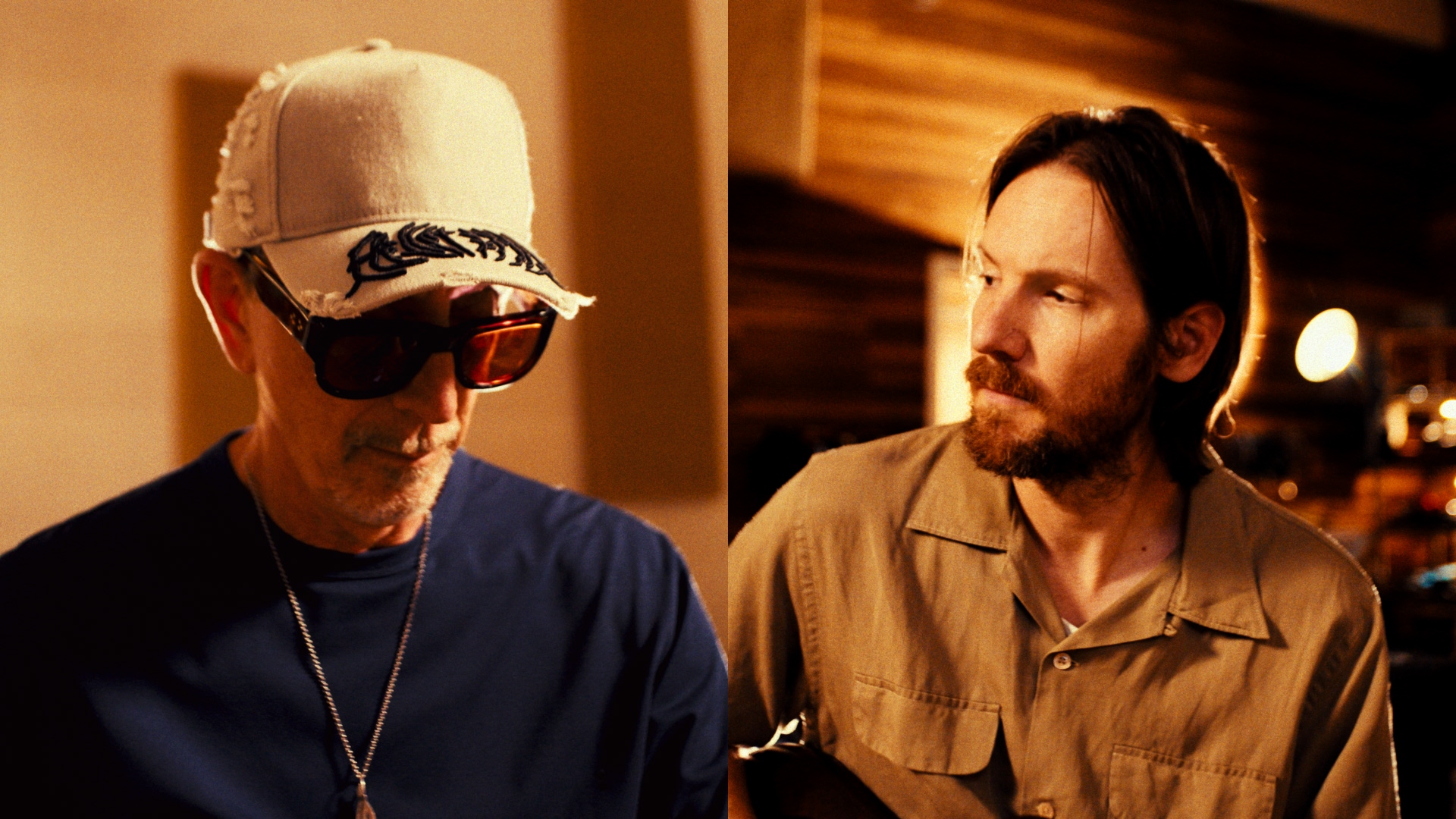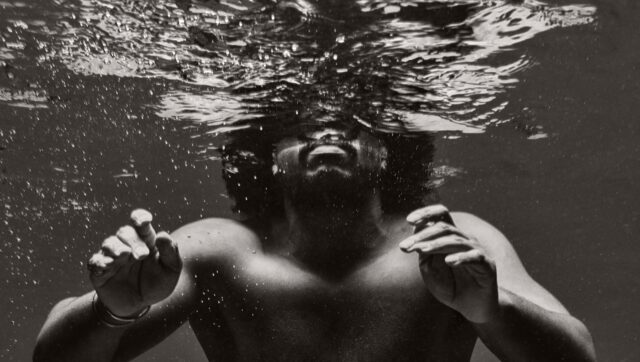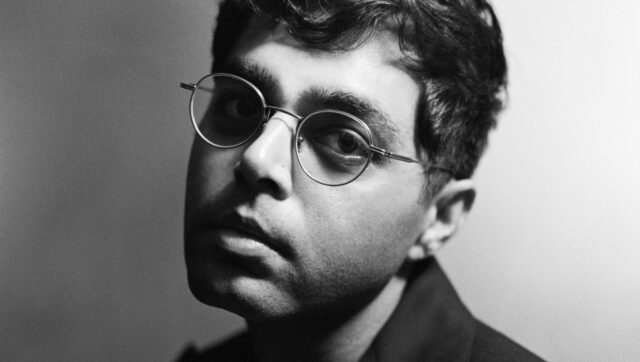Finding Your Sound: Pino Palladino and Blake Mills
The ubiquitous studio players’ second album, That Wasn’t a Dream, is influenced by music from West Africa and Uruguay.
by Brad Farberman
“Where do you cut that?” wonders Pino Palladino. The veteran bassist is reflecting on “Heat Sink,” a song off his second album with Blake Mills, That Wasn’t a Dream. Featuring three fretless instruments — Mills’ guitar, Palladino’s bass and a second fretless bass, played by Palladino’s son, Rocco — “Heat Sink” is 14 minutes of hypnotic, ethereal jazz bathed in mystery and tension. There’s no obvious place to make a “radio edit” — it can’t be watered down.
You almost wouldn’t expect that approach from the Southern California-based duo, though. For nearly half a century, Palladino has been a first-call low-ender in the worlds of rock and neo soul, appearing on landmark albums by D’Angelo, Erykah Badu and Beyoncé. And Mills has built a reputation as a producer, working with everyone from Fiona Apple to Alabama Shakes. In other words, Palladino and Mills are known for crafting perfect, bite-size songs, not searching jazz jams. But here we are. The pair first met around 2016, when Mills was producing John Legend’s Darkness and Light — he asked Palladino and his D’Angelo bandmate Chris Dave to come on as the bassist and drummer.
“I would say when we met on the John Legend project, there was an immediate connection there,” says Palladino. “I’ve worked with so many great musicians, and I’m sure Blake has — and does still — but there’s just a connection in terms of harmony and rhythm and you just realize that somebody’s on the same page as you. And that was very much the case with Blake. Every move and suggestion that he had when we were recording, I felt it.”
While in New York for a Legend gig, Palladino pulled Mills into a studio to work on “Ekuté,” which wound up on their 2021 debut, Notes with Attachments. “Ekuté” takes its cues from Afrobeat legend Fela Kuti, and “Taka,” from That Wasn’t a Dream, also bears the influence of African music. Dave plays drums on both tracks, and saxophonist Sam Gendel accepts the baton from Marcus Strickland on “Taka.”
“I’m a huge fan of a lot of music from Africa, especially parts of West Africa,” explains Palladino. “I was lucky enough to go there in the ’90s and spend some time, and really, somehow, internalize some of that stuff, and it was inspirational for me and it continues to be inspirational for me to listen to that music. Artists like Oumou Sangaré, her first couple of records were, you know, I played them all the time, and so I somehow have internalized the sensibilities and the rhythms, and ‘Taka’ started off as that, really.”
The sounds of South America were also influential to That Wasn’t a Dream. Mills cites the Uruguayan artists Eduardo Mateo and Mauricio Ubal, and traces the 5/4 rhythms on Dream to the latter musician. Mills’ choice to go unplugged at times also comes from this universe.
“Some of the instrumentation, I think, was inspired by that music as well, those recordings,” says Mills. “The decision to use acoustic guitars in places where I’m probably more comfortable using electric guitars most of the time, and just kind of sticking with it and going for it more, I think our record, it gave it a little bit more of a grounded sensibility in places where the music is kind of out there.”

The making of That Wasn’t a Dream was a true collaborative process, with Palladino and Mills sharing writing credits on every track. The pair composed together in person — Mills likened the process to “finishing each other’s sandwiches.”
“There’s a tune on this album entitled ‘Somnambuista,’ and that came from just a sort of a sequence of chords and melody that I had, and I kind of reached a roadblock with it,” recalls Palladino. “I loved it, but I was like, ‘I don’t know where to go on this.’ And Blake instinctively went and found a place to go on it, where it just felt like the melody would develop naturally. And it’s things like that, they keep us working together, I think. ’Cause we hate each other, basically.”
One hallmark of the album is its sheer unpredictability. Rhythmically, especially, one never knows what’s about to happen. The music, which also features Abe Rounds and Steve Jordan on drums, finds a rare common ground between abstraction and tranquility, disorientation and calm. It can’t be fully grasped, but it’s always within reach.
“I think both of us get excited when we’re surprised by things that we’re listening to,” says Mills. “So we probably strive for that in our decisions in our music, would you say?”
“Yeah, I mean, I really love that kind of thing, if I’m listening to a piece of music and it suddenly just drops into somewhere really unexpected,” replies Palladino. “I’ve always loved that, and so I guess I want to carry that into our own music. I want people to feel that, that feeling.”



